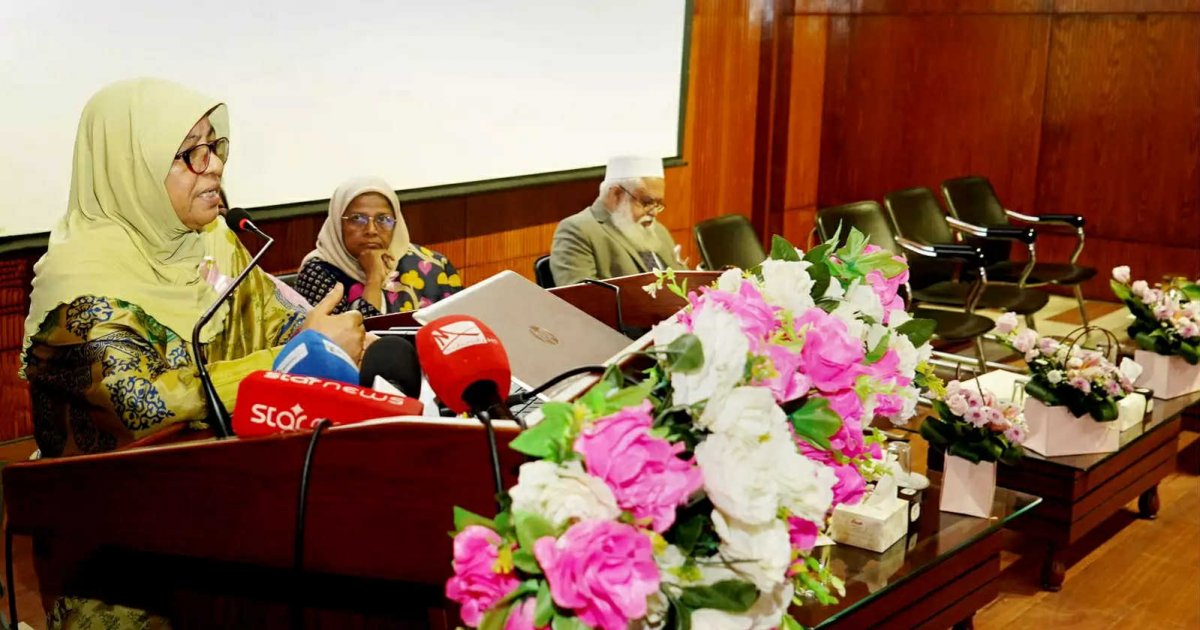The pursuit of a healthy lifestyle—now almost a status symbol and a growing trend on social media—has become a key driver of Brazil’s fitness industry. With demand still outpacing supply, several chains are expanding rapidly, supported by high average ticket prices and increasing investor interest through new franchise brands.
Established players such as Smart Fit and Bodytech, however, caution that the sector may soon face turbulence. On one side, there is skepticism about the sustainability of mid-range gyms, especially as the surge in new openings pushes supply closer to demand. At the same time, market consolidation is expected to accelerate, particularly among entry-level brands and smaller regional operations.
According to preliminary data from the Brazilian Association of Gyms (Acad Brasil), the sector reached 40,000 units in September, based on the National Classification of Economic Activities (CNAE) for physical and fitness activities. This represents an increase of 10,000 establishments compared with 2019, before the pandemic.
In total, Brazil is home to an estimated 400 gym brands, reflecting a highly fragmented market. The leader, Smart Fit, closed the second quarter with 1,818 locations, of which 856 are in Brazil.
One chain betting heavily on expansion is Ultra, founded by the same entrepreneurs behind Bluefit, which had a controlling stake acquired in 2023 by Mubadala Capital, the Abu Dhabi-based investment group, for R$464.1 million.
“I’ve never seen demand this strong,” says Fernando Nero, CEO of Ultra. “There are a few reasons for that. Companies have realized that prevention is the best medicine when it comes to health issues,” he notes, highlighting the rise in customers through corporate fitness programs—known as aggregators.
Mr. Nero also points to the broader “fitness lifestyle” trend as a tailwind for the industry. “It’s not just about gyms. The fitness mindset has spilled over into other sectors—workout apparel, and the protein and energy food markets, for instance, are also booming.”
This favorable environment has spurred Ultra’s expansion plans. The chain currently operates 80 units and has another 90 under development, with half located in São Paulo and the Federal District. The company recently signed agreements with local partners to expand into Santa Catarina, Rio de Janeiro, Bahia, Ceará, and Pernambuco.
The goal, according to Mr. Nero, is to open 300 additional locations over the next five years, in addition to the projects already underway. Of its existing portfolio, 70% are franchises and 30% are company-owned.
Low-cost gym models have been a major driver of the sector’s expansion, serving as an entry point for new customers. Now, with gyms increasingly crowded and demand still running high, many members are willing to pay a little more for greater comfort and better facilities.
This shift has also fueled the growth of the World Gym chain in Brazil. Founded in Los Angeles, the brand was acquired in 2024 by a Taiwanese group and now operates more than 300 units worldwide.
The company entered the Brazilian market in 2013 under a franchise model led by businesswoman Flávia Almeida, who serves as the chain’s master franchisee and country representative. There are 18 units currently operating in Goiás, with negotiations underway for new locations in Bahia, Mato Grosso, and Mato Grosso do Sul. “We want rapid expansion. Our goal is to reach 50 units by 2030,” says Ms. Almeida, who holds a stake in all existing gyms.
Ms. Almeida recently partnered with three-time world bodybuilding champion Angela Borges, who joined as a co-owner of the brand’s operations in Brazil. In November, World Gym will open its first location in São Paulo, in Vila Mariana, following an investment of approximately R$15 million. “The unit will have 3,000 square meters and more than 300 machines,” says Ms. Borges, who retired from professional competition in 2023 after a decade in the sport. The two entrepreneurs are also evaluating four additional projects in the city.
Behind the scenes, however, industry players warn of potential challenges—particularly the impact of high interest rates on financing new openings. Despite the current boom, insiders acknowledge that profit margins have been sustained mainly by strong demand and limited supply. “No one will stop opening new gyms until supply and demand return to balance,” says Diogo Corona, chief operating officer of the Smart Fit Group. “Right now, many operators are making money not because of strong delivery, but because there’s still more demand than supply.”
According to Mr. Corona, Smart Fit has experienced this imbalance itself, with several of its gyms now operating well above their original projections. “Our business models have evolved. In some locations, we expected around 2,500 members, but we’re serving 3,500,” he notes.
This dynamic, he adds, could put pressure on mid-range gyms once the market stabilizes. “The level of service between mid-range and low-cost, high-value gyms is practically the same,” Mr. Corona explains. “People are paying more for mid-range gyms today simply because the others are full. When that changes, these models will face financial difficulties.”
Strong demand has also prompted Smart Fit to ramp up investment. The group closed the second quarter with 1,818 gyms worldwide, representing a 19% increase from the previous year. As part of its strategy, the company is placing greater focus on its high-end Bioritmo brand, which has begun expanding beyond Brazil.
Responding to rising demand for higher-value-added services, Bodytech has launched an ambitious plan to expand into at least 100 cities with more than 250,000 inhabitants by 2027 through a new franchise model, according to CEO Luiz Urquiza.
“What we’ve observed is that many of these cities have grown with low-cost gyms, and we see potential for more premium offerings,” says Mr. Urquiza.
Since these markets tend to have lower real estate and labor costs, the company expects to offer a more affordable version of its brand, priced between R$250 and R$300 per month, depending on the city. Bodytech currently operates 93 units and serves 180,000 members.
Commenting on the current demand landscape, Mr. Urquiza predicts a correction. “In the entry-level market, we’re already seeing signs of saturation in large urban centers. I believe we’ll soon witness a wave of consolidation,” he says.
Today, Bluefit holds a strong position in the Central-West, Selfit dominates the Northeast, and Smart Fit leads in the Southeast, while several smaller chains maintain regional coverage across the country.
“As demand slows, we’re likely to see more opportunities for consolidation,” Mr. Urquiza adds. “It wouldn’t take much—a dip in employment or income would have an immediate impact on the sector.”


